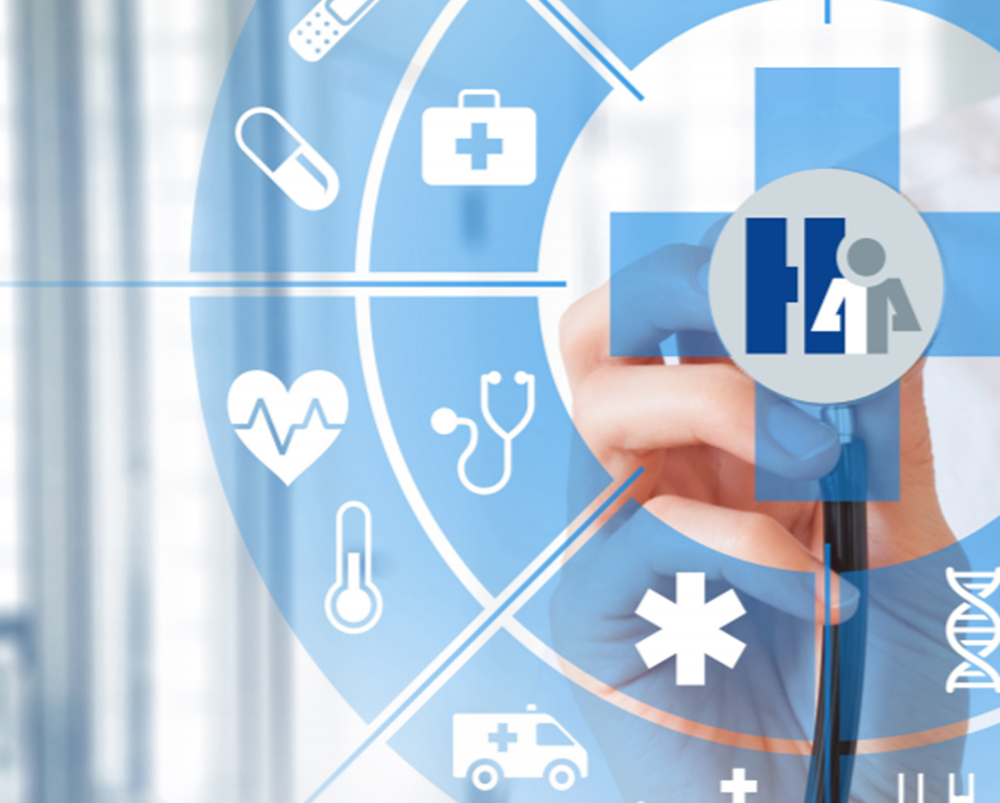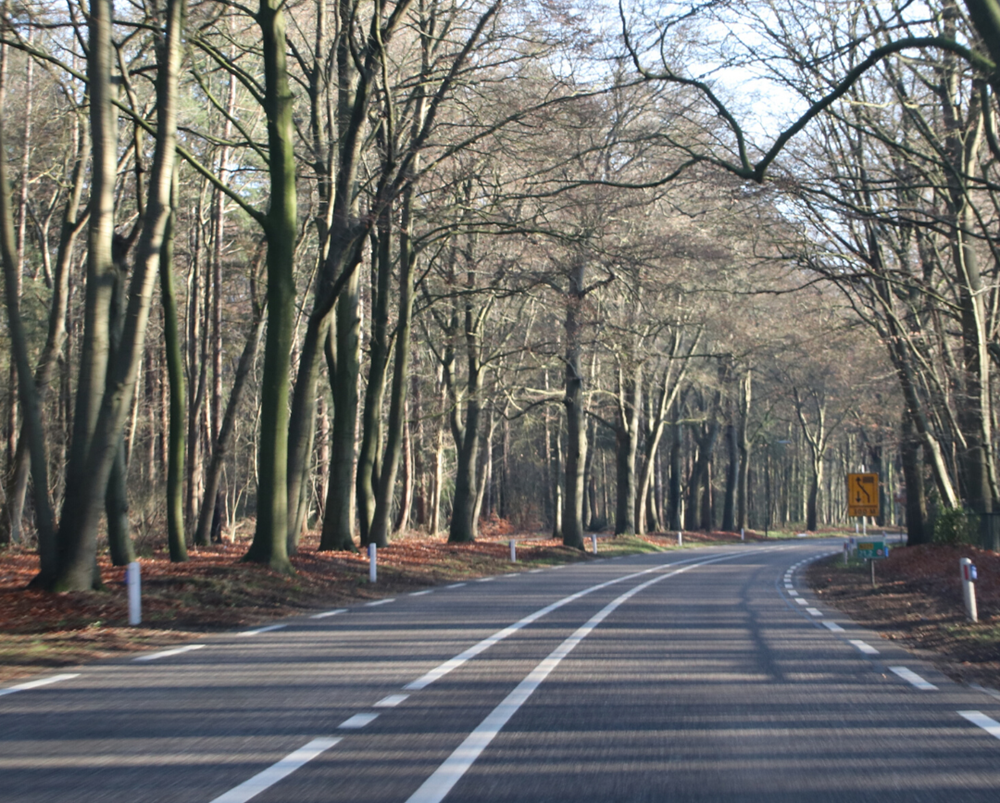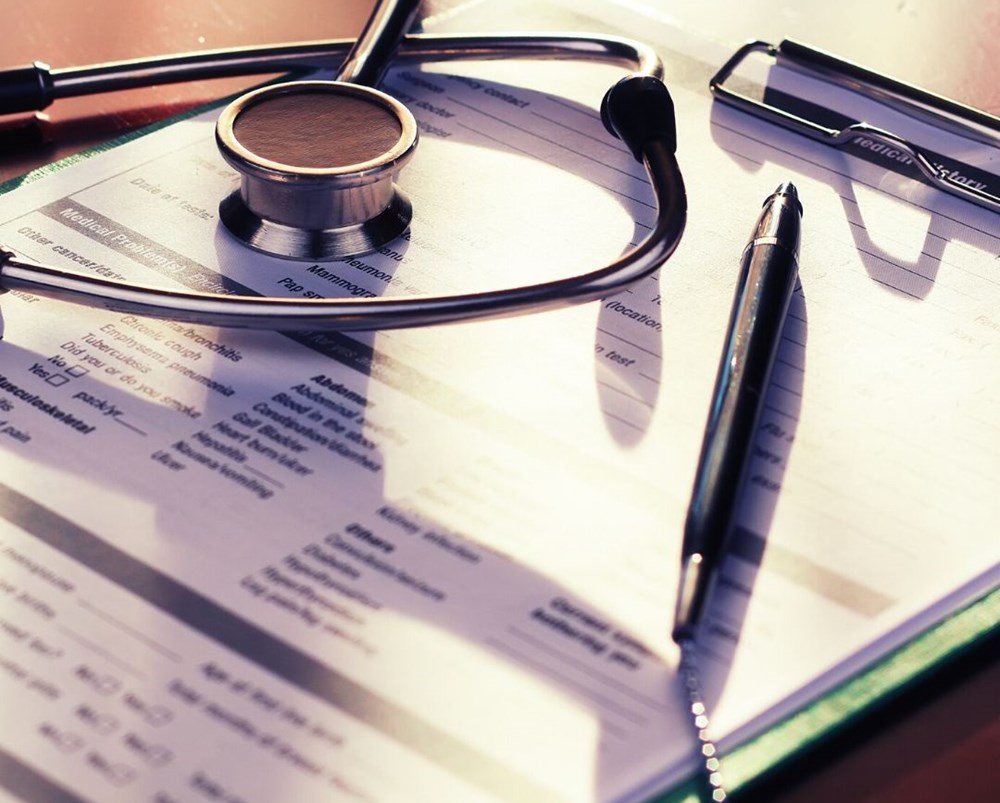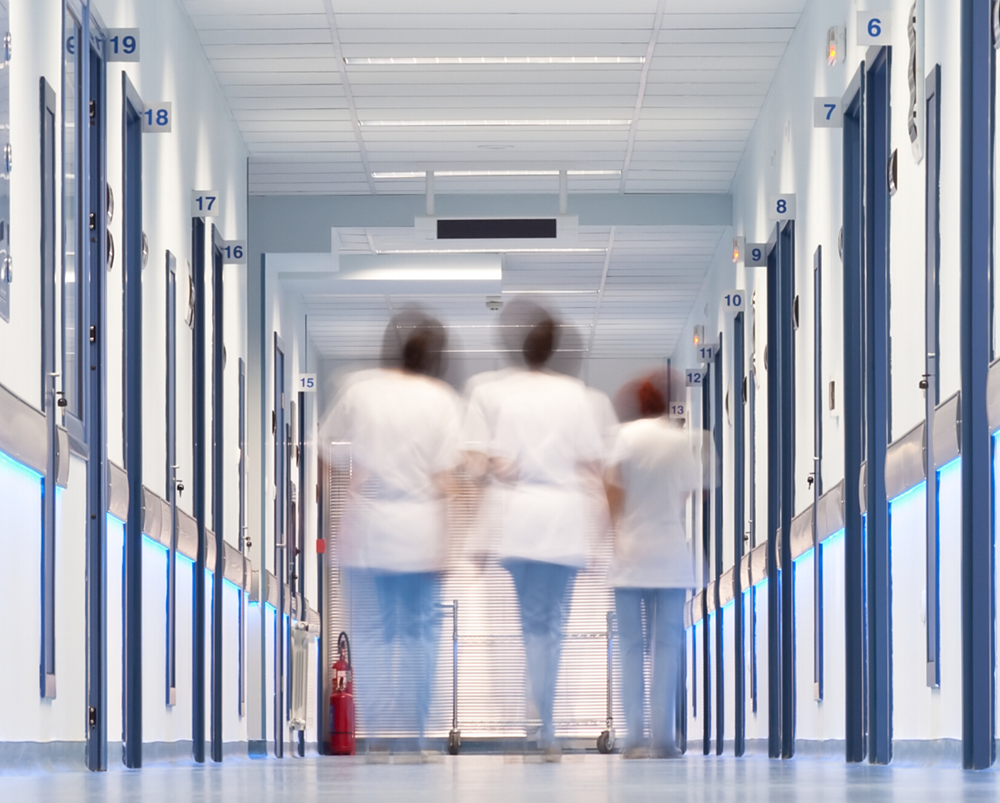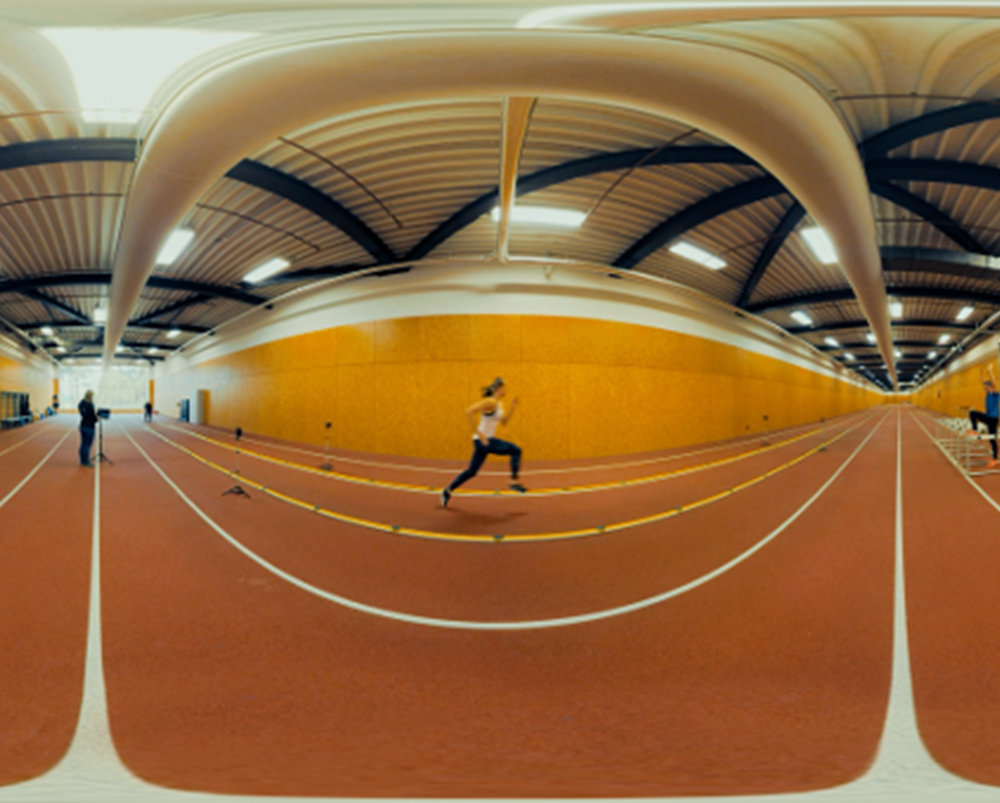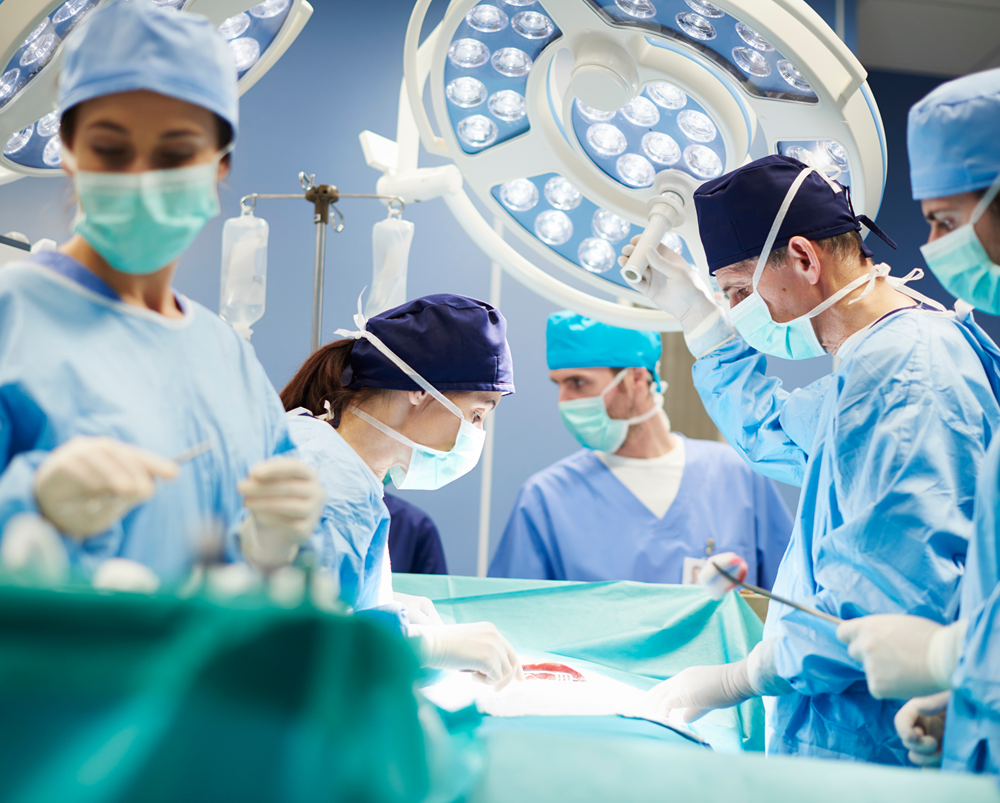
Healthcare system in the Netherlands
Healthcare in the Netherlands ranks amongst the best in the world, giving people access to the most advanced treatments and preventative care. Some things, however, may be arranged in a different way than you are used to.
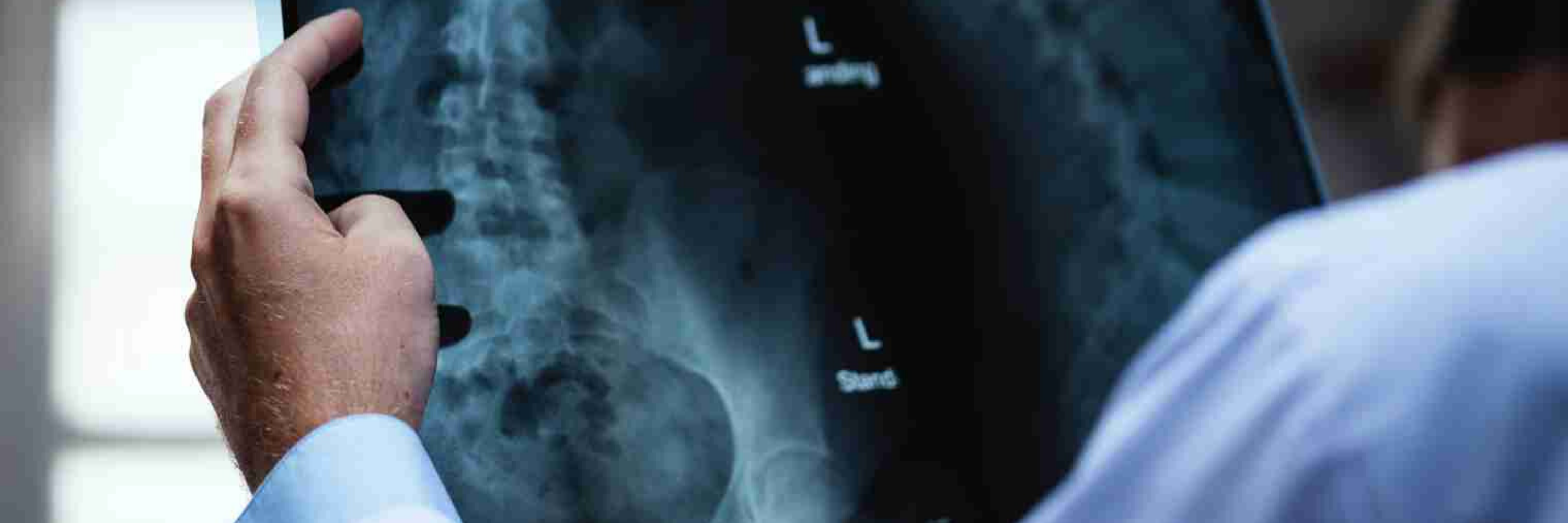

Insurance in the Netherlands
If you are working or living in the Netherlands, it’s compulsory to have health insurance. This is even the case if you are only staying for a year. A basic insurance package, as defined by the government, is mandatory for everyone living in the Netherlands, though some exceptions apply. Insurance companies must accept all applicants. Optional supplementary insurance packages are available at an additional cost.. Please visit the Expat page on Zorgwijzer.nl for information on all Dutch health insurance companies and in what cases you are not obliged (and not eligible) to have a basic health insurance package.
Health insurance is a complicated subject, which is why we have created an extensive article about health insurance in the Netherlands. It’s specifically geared towards expats and international students, with details and links to handy websites.
GPs
Once you've moved to the Netherlands, it's advisable to try and find a nearby GP and dentist as soon as possible. Your municipality most likely provides an overview of the nearby practices of GPs and dentists, on their website for instance. Can't find it there? Just perform an internet search for a practice in your area. Your GP visits are covered by basic insurance.
The GP (huisarts) is the key to Dutch healthcare. For most of your medical needs he/she will be your first point of contact. The GP treats 9 out of 10 complaints. If necessary the GP will refer you to a medical specialist or hospital. To register with a GP you will need a valid health insurance and BSN.
You can also check these links for
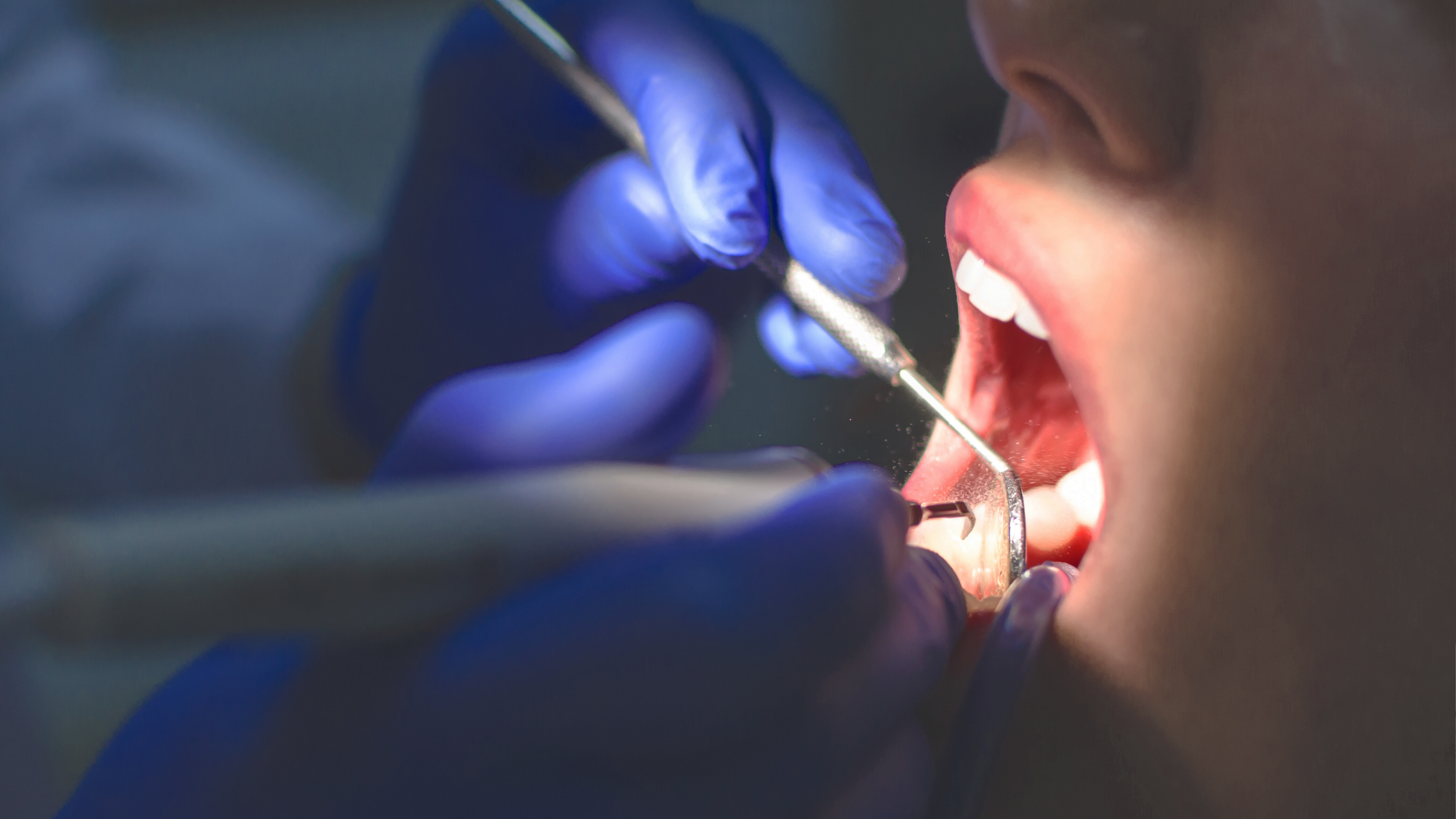
Dentist
Dentists
Most Dutch people go to the dentist twice a year to have their oral health checked. Other appointments are only scheduled when you're in real need, for instance with an intense toothache or if a tooth or oral implant breaks. You can find a certified dentist through Tandartsregister (Dentist Registry). Even though it’s only available in Dutch, you can still use it if you don’t speak the language: simply enter the name of your Dutch place of residence into the search bar and you’ll instantly see the names of certified dentists in your area. Their address will be displayed, and after clicking the link below their name, you’ll also be able to see contact details.
Once you find a dentist you like, you can make an appointment for an intake. The new dentist will want to obtain your dental records from your previous dentist, in order to check your dental health and history. After the intake they will either make a treatment plan or make an appointment for your annual check-up.
Insurance coverage
For children under 18, basic health insurance covers two dental check-ups per year. For people over 18, dental appointments are not covered by their basic health insurance: they will either have to pay for check-ups and treatments out of their own pocket or take out an extra dental insurance package. It is important to look into dental insurances, and decide whether you need an additional dental package.
Emergency Dental Care
If you have a dental emergency outside of office hours, call your dentist to find out who of their colleagues is on duty at that moment. You can visit them instead of your regular dentist.
If you don't have a dentist yet and you need to see someone urgently, you can make an appointment at the 'tandartsenpost' (dental post). In the Nijmegen region, they are located in CWZ hospital, Weg door Jonkerbos 106, and can be contacted for an appointment on 0900-827 6456. You will have to pay by debit card (pin) for the treatment on the spot, but if you have dental insurance you can claim the cost back from your insurance using the letter they will provide. You can find other emergency dentists per region here (website in Dutch).
Hospitals
Hospitals in the Netherlands fall into two different categories:
- University Medical Centers / Academic Hospitals: these hospitals have a strong link with a university. They provide complex specialist care and are active in medical research. Often they also function as teaching hospitals, providing training for healthcare practitioners.
- General regional hospitals: these hospitals offer excellent standard medical care for less specialized problems. When necessary they can refer patients to more specialized hospitals.
Please note that you can only visit a hospital or medical specialist with a referral from your GP.
Hospitals in the region
Below you can find the names and websites of general hospitals in our region, per local area. If you do not live in this region, find a hospital on the Zorgkaart Nederland website, where you select your city on the left.
Arnhem and surroundings
- Rijnstate Ziekenhuis (website in Dutch language only), with local medical centres in the city centre of Arnhem, in Arnhem-Zuid, Zevenaar and Velp.
Nijmegen and surroundings
- Canisius Wilhelmina Hospital (CWZ) (website in Dutch language only).
- University Medical Centre Radboud UMC (website in English as well as Dutch language)
- St. Maartenskliniek (specialised in physical rehabilitation, posture and movement) / (website in Dutch and German language).
Wageningen and surroundings
- Gelderse Vallei Ziekenhuis (website in Dutch language only).
Despite the fact that some websites are only available in Dutch, the hospitals will help you everywhere in both English and Dutch.
Pharmacies in the Netherlands
Medication prescribed by your GP, dentist or hospital physicians can only be bought at pharmacies. These are usually open during office hours but there is also a general rotation system to ensure 24/7 coverage throughout the city. 'Lighter' drugs, such as aspirin, can also be bought over the counter at all drugstores.

